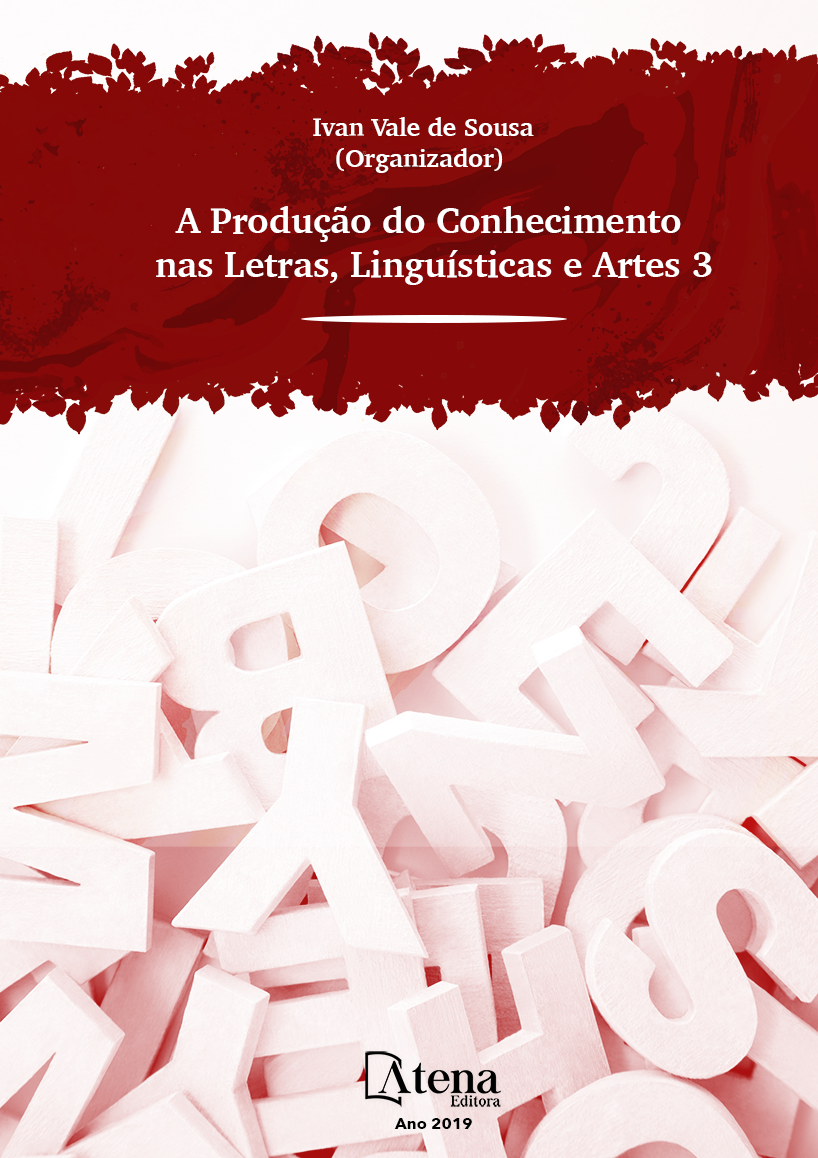
Metáforas Metalinguísticas de Euclides da Cunha
Este artigo apresenta uma leitura das
metáforas metalinguísticas do escritor Euclides
da Cunha, ou seja, as metáforas que ele utilizou
para se referir aos seus dois principais livros,
Os Sertões (sobre a guerra de Canudos) e
Um paraíso perdido (sobre a Amazônia). O
conceito de metalinguagem estabelecido por
Jakobson foi fundamental para a pesquisa, que
teve como suporte teórico básico o postulado
da metáfora conceptual, proposta por Lakoff e
Johnson (2002). As metáforas analisadas neste
artigo (VINGAR-SE É ESCREVER e UM LIVRO
É UM FILHO) foram colhidas de ensaios do
escritor e de cartas que ele escreveu a amigos
e familiares, “escriturando” a sua escrita por
meio da metalinguagem. As reflexões sobre
as metáforas assume, com base em Lakoff e
Johnson (2002), que a metáfora não é uma
questão apenas de linguagem. Ela é também
– e fundamentalmente – uma questão de
pensamento e ação. As reflexões recorrem a
Mota (2003), que também comenta os textos
de Euclides.
Metáforas Metalinguísticas de Euclides da Cunha
-
DOI: 10.22533/at.ed.8141924047
-
Palavras-chave: Metalinguagem. Metáfora. Euclides da Cunha.
-
Keywords: Metalanguage. Metaphor. Euclides da Cunha.
-
Abstract:
This paper presents a reading of
the metalinguistic metaphors used by Euclides
da Cunha, to refer to his two main books, Os
sertões (about The Canudos’ War) and Um
paraíso perdido (about Amazonia). The concept
of the metalanguage established by Jakobson
was fudamental to the research, which had
s its basic-theoretical support of Lakoff and
Johnson’s conceputal metaphor postulate
(2002). The metaphors analyzed in this paper
(TO REVENGE IS TO WRITE and BOOK IS A
SON) were collected from the writer’s essays and
letters he wrote to friends and family, rewriting
his writing through the metalanguage. Based
on Lakoff and Johnson (2002), the reflections
assumes that metaphor is not just a matter
of language. It is also - and fundamentally - a
matter of thought and action. The research uses
Mota (2003), which also comments Euclid’s
texts.
-
Número de páginas: 15
- Carlos Antônio Magalhães Guedelha


